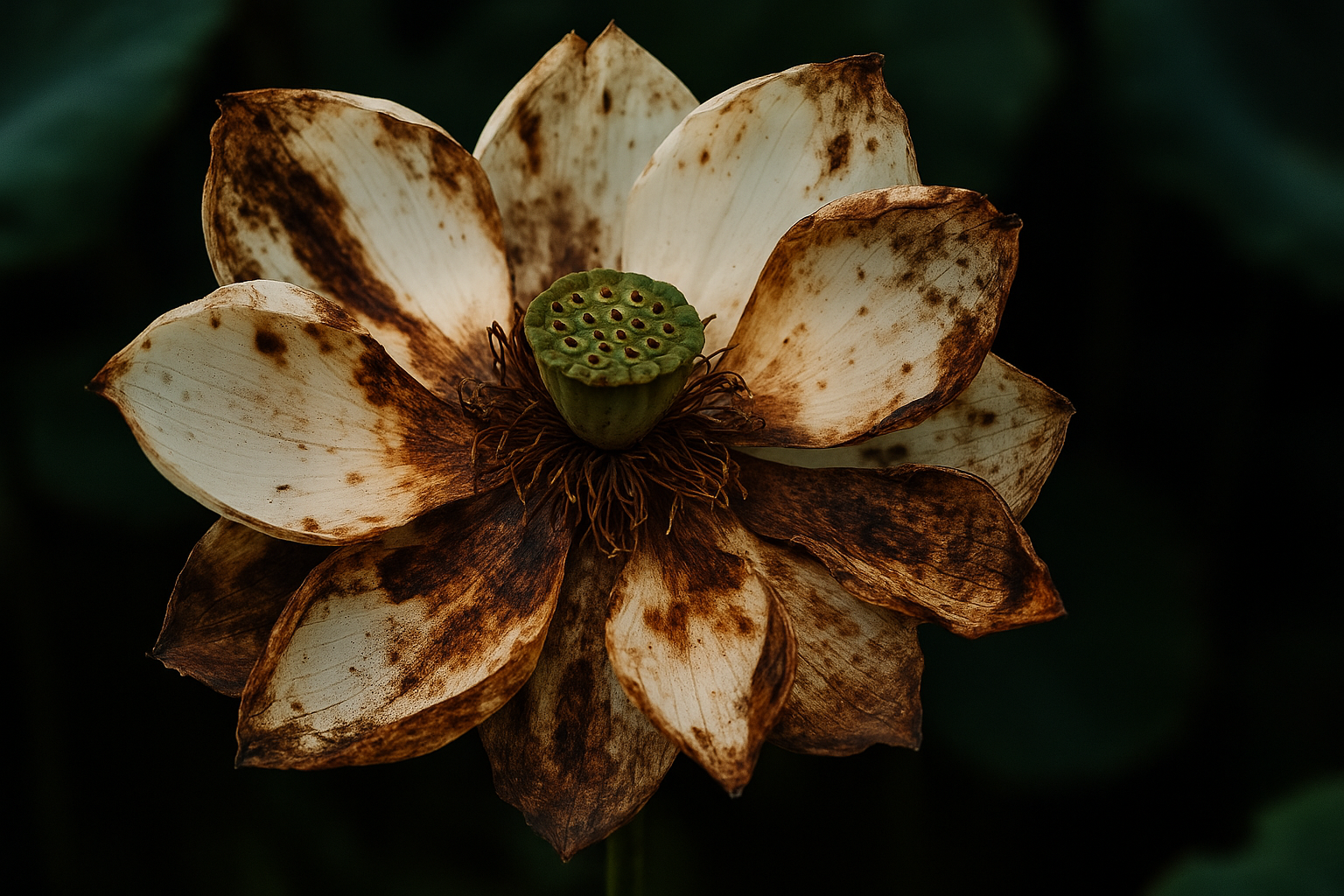Why The White Lotus Misses the Mark
2025-05-24
The White Lotus sells itself as a critique of wealth and moral decay, but too often it ends up glamorizing the very behavior it’s supposed to be exposing. The characters lie, cheat, manipulate, and betray each other—and most of them come out just fine, if not better off.
Shane literally kills someone in Season 1 and walks away without any legal consequence or real emotional fallout. Tanya in Season 2 gets multiple people killed, but the show treats it as a kind of tragic farce. Daphne and Cameron lie to their partners, blur every boundary, and still look like the happiest couple on the beach.
The issue isn't just that the show avoids punishing them directly. It’s that it lets those actions slide while subtly reinforcing the idea that all of it is fine if you’re rich, attractive, or part of the in-crowd. To a critical viewer, maybe that reads as commentary. But to a lot of people, especially younger or more impressionable ones, it can easily come across as permission. It looks like a blueprint for how to win.
What the show ignores is that the real consequences don’t always hit immediately. They accumulate. That dishonesty, that emptiness, that self-serving mindset—it quietly destroys the good parts of their lives. It eats away at their relationships, their ability to trust, their sense of self. Worse, it weakens the whole system they depend on to keep living in luxury. Over time, that kind of rot doesn’t stay personal. It leads to instability, cultural decline, and social collapse. The show gestures at this sometimes, but never fully connects the dots.
In the end, The White Lotus feels like it’s pulling its punches. It plays in moral gray zones without showing how those choices scale outward into something truly destructive. So instead of challenging power, it ends up aestheticizing it. Instead of exposing corruption, it normalizes it.
And for a show that claims to be smart, that’s a serious failure.
